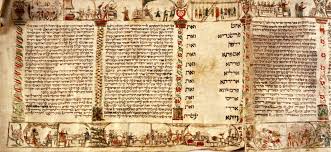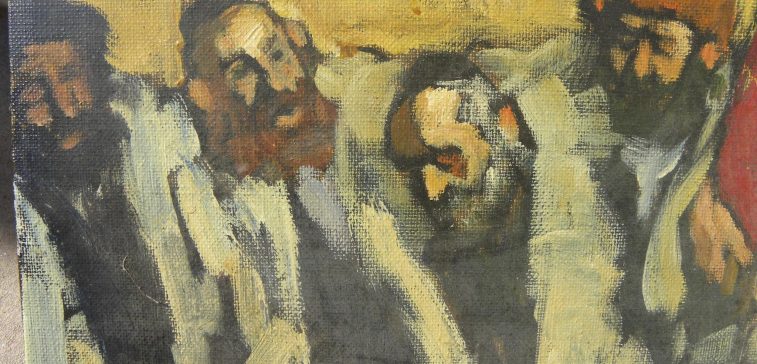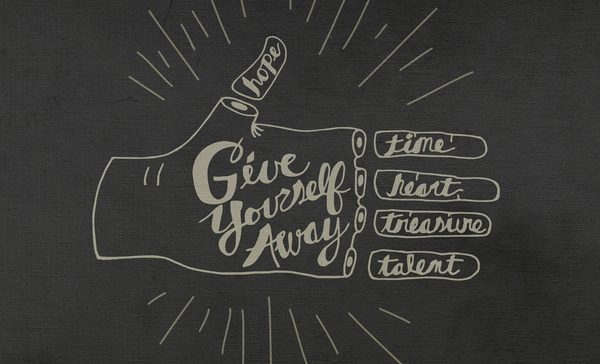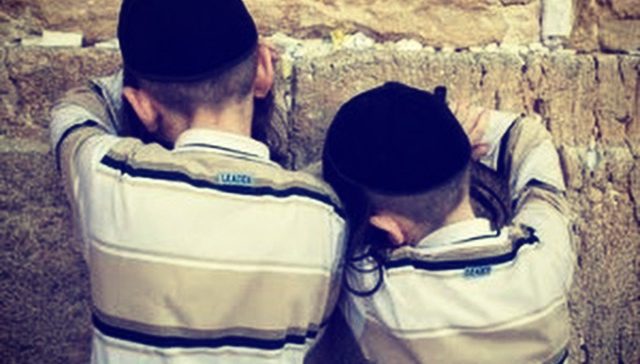BS’D
Purim is packed with tons of emuna, fun, happiness and spiritual transformation. The yetzer hara does not want us to reap the benefits from this once a year gift imparted from Hashem on Purim. “Mah lach Esther HaMalka u’mah bakashatech ad chatzi hamalchut v’yeetehn lach (What is your wish Esther HaMalka, your wish is My command)”. On Ta’anit Esther and Purim itself we are entitled to free gifts from Hashem in particular. Here is some of the ways to ensure we don’t miss out on them, B’H.
On Ta’anit Esther get up before dawn do negel vasser, put money in your tzedakah box and light two yahrtzeit candles one for Mordechai HaTzaddik and one for Esther HaMalka bat Avichayil. This is an amazing sha’at ratzon (auspicious time) for our tefillot to be answered. We awaken before dawn since this coincides with the ayelet hashachar (morning star) which is likened to Esther HaMalka.
Recite perek כב’/22 in tehillim 7 times. After reciting the entire perek each time stop and ask for one wish, for a total of seven requests. Women should try to fast as much as possible since this fast atones for forbidden foods that were eaten throughout the year such as food eaten without the proper bracha intention, not strictly kosher, not eaten in a holy manner, etc.
Daven for our Rabbi’s, Rebbetzin’s and holy leaders on the Ta’anit that Hashem bestow upon them strength, health and wisdom to guide us correctly. We pray to be drawn to truly genuine leaders who follow Hashem’s ways in emuna and truth and to remain faithful to their words and teachings. The leaders take upon themselves the sorrows and harsh decrees of our beloved nation. Therefore we pray that they have the strength to carry Ahm Yisrael’s trials and tribulations on their shoulders.
Make a commitment to Hashem on the Ta’anit that B’H if you merit a miracle/miracle in your life that you are in need of that you will publicize and broadcast Hashem’s greatness to as many people as possible and spread Kiddush Hashem just as Esther HaMalka did!!
















